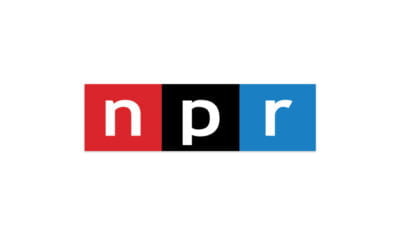News Radio
Legendary KMOX Broadcaster Bob Hamilton Passes Away
Hamilton was an iconic figure who graced the airwaves at KMOX from 1982 -2014.

Ryan Hedrick works for WIBC in Indianapolis as a Morning News Anchor/Digital Content Producer. Prior to moving to Indy, he served as Assistant Program Director and Co-Host of the Morning News Express at WFMD. His career also includes stints at News Talk 103.7 FM in Chambersburg, PA, Sirius XM in Washington D.C., WBEN in Buffalo, NY, and WIBW-AM in Topeka KS where he earned the Kansas Association of Broadcasters (KAB) award for Major Market enterprise reporting in 2016. To connect with Ryan, find him on Twitter @SureToCover.
News Radio
News Media Reacts to Uri Berliner Resigning From NPR
Reaction to the news from the news media was generally drawn down party lines, with conservatives championing the move, while liberals chastised the longtime editor.
News Radio
Bill Handel: Paywalls Separate Conspiracy Theories From Objective News
“Paywalls for news, you get fact-based information credible for people willing to pay for it. And then way less reliable, at times crazy, stuff for everyone else.”
News Radio
Uri Berliner Resigns From NPR
“I cannot work in a newsroom where I am disparaged by a new CEO whose divisive views confirm the very problems at NPR I cite in my Free Press essay.”


















